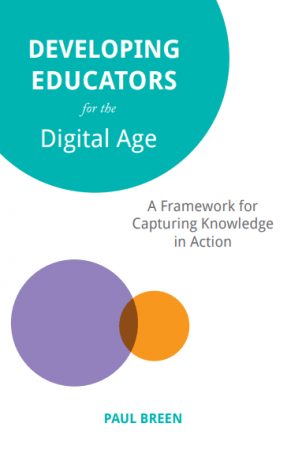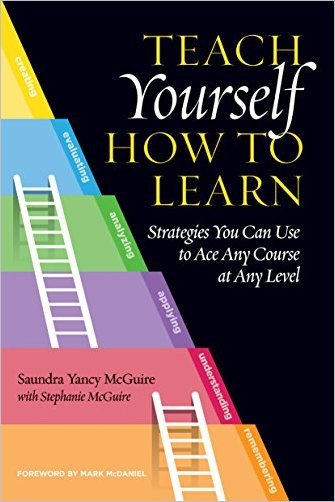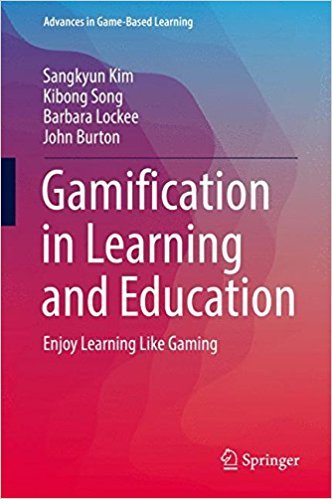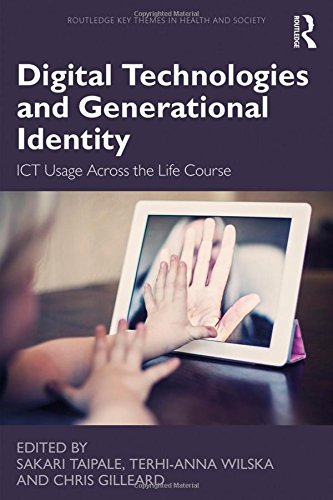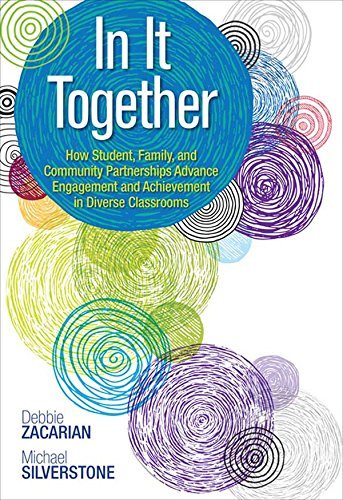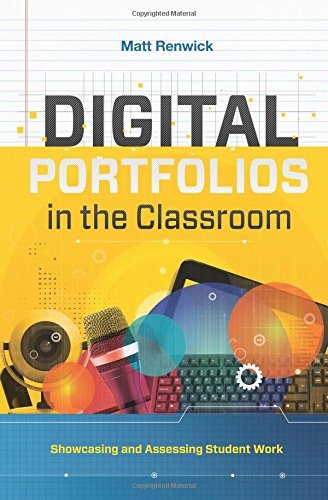Title: Helping Students Make Sense of the World Using Next Generation Science and Engineering Practices
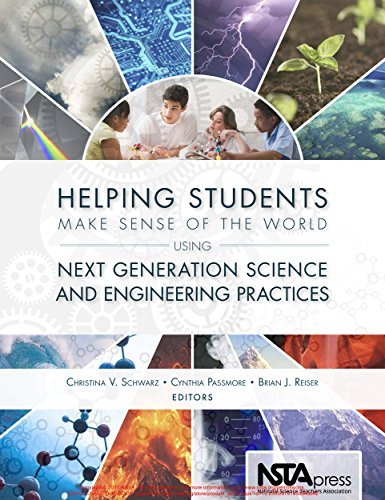
Authors: Christina V. Schwarz and Cindy Passmore
English | 2016 | ISBN: 1938946049 | 379 pages
When it’s time for a game change, you need a guide to the new rules. Helping Students Make Sense of the World Using Next Generation Science and Engineering Practices provides a play-by-play understanding of the practices strand of A Framework for K–12 Science Education (Framework) and the Next Generation Science Standards (NGSS). Written in clear, nontechnical language, this book provides a wealth of real-world examples to show you what’s different about practice-centered teaching and learning at all grade levels. The book addresses three important questions:
How will engaging students in science and engineering practices help improve science education?
What do the eight practices look like in the classroom?
How can educators engage students in practices to bring the NGSS to life?
Helping Students Make Sense of the World Using Next Generation Science and Engineering Practices was developed for K–12 science teachers, curriculum developers, teacher educators, and administrators. Many of its authors contributed to the Framework’s initial vision and tested their ideas in actual science classrooms. If you want a fresh game plan to help students work together to generate and revise knowledge—not just receive and repeat information—this book is for you.



